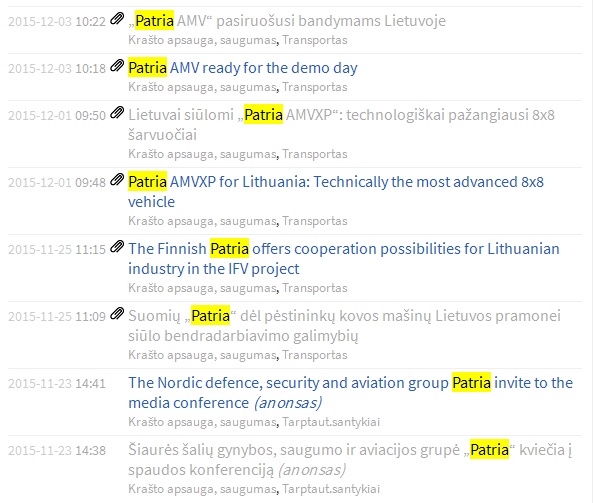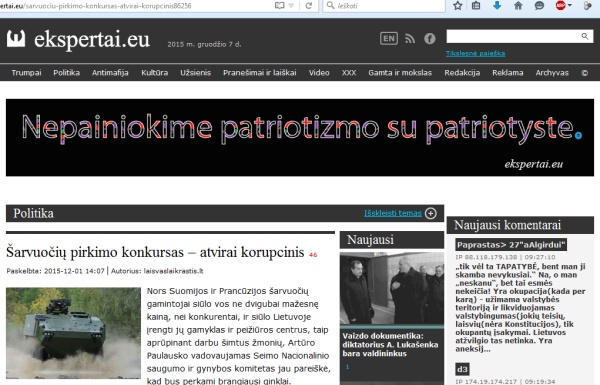This case study explains one of the propaganda technologies used to manipulate public opinion.
 As early as 2005 a Russian communication expert Антон Вуйма published a book on various unethical communication technologies and described a virtual concept (виртуальное понятие) as:
As early as 2005 a Russian communication expert Антон Вуйма published a book on various unethical communication technologies and described a virtual concept (виртуальное понятие) as:
Каждое виртуальное понятие имеет у людей определенный типовой набор шаблонов. Эти шаблоны различаются в зависимости от государств и социальных групп. Новую модификацию понятия люди пытаются присоединить к одному из типовых шаблонов. В каждом шаблоне естественно есть место для переменных. При помощи PR можно попытаться создать новый шаблон или модифицировать какой-либо старый.
Создавая новые шаблоны можно получать неожиданные возможности, от новых схем получения собственности, до получения контроля над значительными группами людей и даже государствами. Естественно всё это будет юридически безупречно.
It is very likely, that we have a real case of a such technology in action today in Lithuania.
Basic facts
A few weeks ago (mid of November) one of the participants in the tender to provide armoured vehicles for the Lithuanian army – Patria – started publishing local press releases (via PR agency, local affiliate of H&K network) on its participation and proposal details:
An initial stage was quite a success and serious concerns about transparency of the tender were publicly expressed.
On December 1st, a Kremlin-related portal ekspertai.eu re-published an article from another unethical medium (laisvaslaikrastis.lt), which was based on “Patria” press release information and supplemented with an aggressive headline on potential corruption allegations:
On December 7st, a defence journalist Vaidas Saldžiūnas published an anti-Patria and pro-Boxer commentary in the leading news portal delfi.lt, where this article was presented as a proof on strange origins of Patria proposal:
How it works?
A.Vuima describes such a technology as a change of virtual concept:
- An original idea is perceived according to it’s original circumstances.
- A manipulator needs to provide a new “envelope”, which would provide a completely new environment for the initial content.
- The target audience will change it’s perception according to the new “envelope”, though the contents remained the same
That’s the Patria case in Lithuania:
- Nobody notices original press releases.
- A manipulator (competitors?) has achieved Patria’s initial publicity in Kremlin-related media.
- The target audience judges Patria’s content as Kremlin-related or Kremlin-supported.
- The Lithuanian army will have nothing with anything Kremlin-related.





Leave a Reply